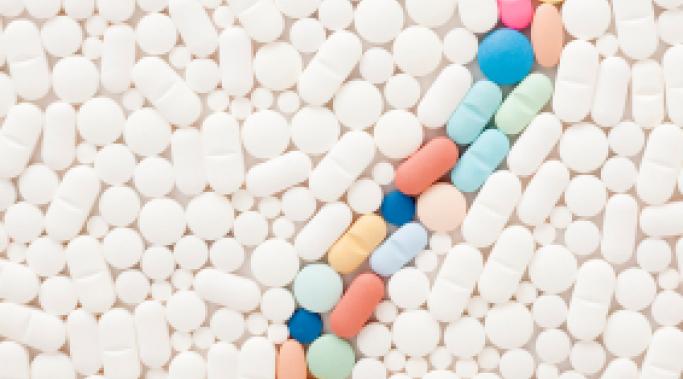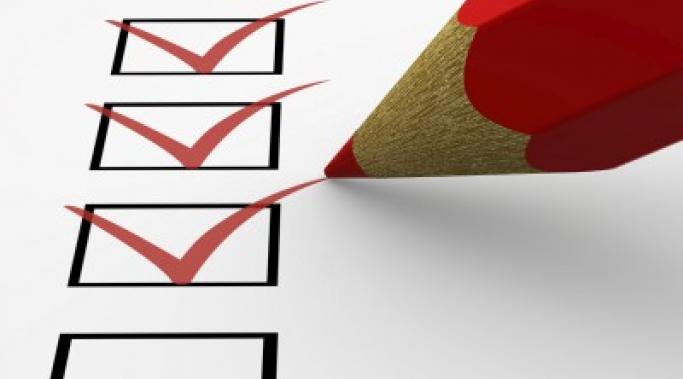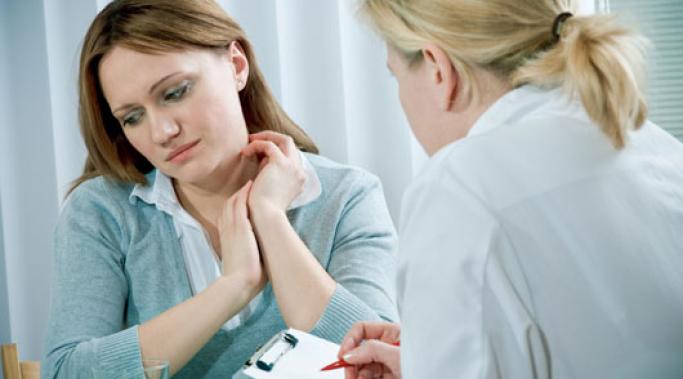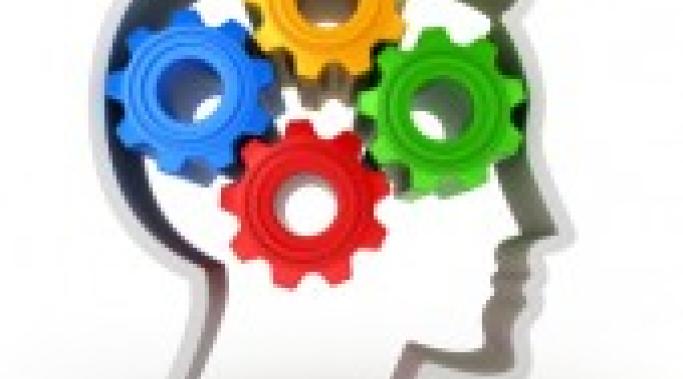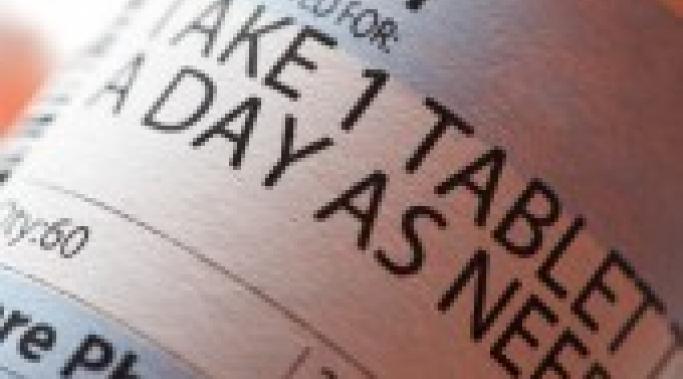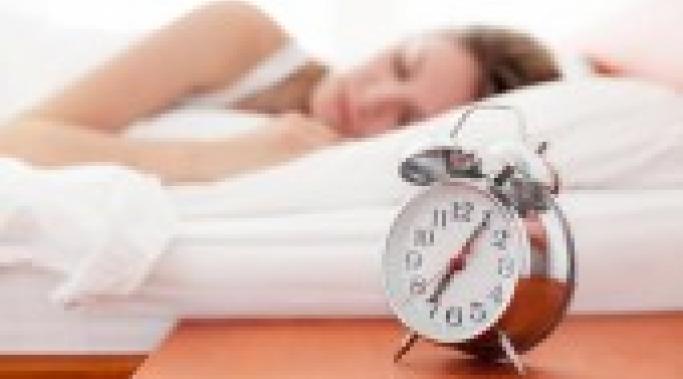I wrote once about an "impromptu" adult ADHD medication holiday that I accidentally took and how that worked out (lots of coffee!). Now, I'd like to talk about taking ADHD medication vacations on purpose and whether or not I think they're good ideas.
ADHD Medication
I've been having a really hard time with my ADHD as of late. My medication is out of whack, my school has been harder than ever and my schedule has been bonkers. I've started to find even the most fun activities to be super boring. Television, reading books, being out with friends - all of it is boring! My wife and I have come up with a reward system to try and alleviate some of my boredom.
People associate so many experiences with food. I remember what I had at so-and-so's wedding and how happy my grandmother's strawberry shortcake makes me feel. There are so many good things about food. And, then, there's the way that ADHD medications make you feel about food. Those feelings? They tend to not be so good ...
A reader recently asked me a really great question: how do I know my adult ADHD medication is working? I love this question! I'm going to take it in two parts. First, how I knew that ADHD medication was right for me and, second, what it feels like every day. This could be very different for other people, of course, but this is how medication makes me feel.
The question of whether or not to take stimulant medications for adult ADHD has been discussed vigorously. I believe strongly that taking Ritalin, or the equivalent at times, has helped me to function as the adult I want to be. I spent 2009 mostly not taking any stimulants and not only did my work ethic become nonexistent, but I didn't like myself as much. I look forward to hearing your opinions on this!
Okay, I've been itching to ask the question: Why do we call it a ADHD medication "holiday"? Are we in England? "Oh, yes, capital, capital! Let's not take our Ritalin today and have a jolly good time!" For me, Wednesday of last week was anything but jolly good and it certainly didn't feel like a holiday. I suppose, though, if we Americanized it to "medication vacation" it would be just as unhappy-making. Without ADHD drugs, I feel as if I've traveled to England only to watch BBC America!
It’s been a few weeks since the Succeed with ADHD Telesummit and my mind has finally quieted. All those tips and strategies, plus the energy and excitement of the listeners and speakers, had my brain fired up. I wanted to implement everything at once and make changes in my life right away! All those great ideas buzzing in my head, all the ‘I have to do that’, created such noise that I didn’t know where to start.
Often when there is too much, there’s no clear path on what to do and where to go. So I stepped away and focused on other projects. Then last week, I downloaded the recordings and listened to each of the calls again with the goal of choosing one or two strategies that I can do right now (with the plan of listening to the recordings again in a few months for more ideas).
Here are some of the key points and “ahas” I plan to add in my life right now:
“Medication levels the neurobiological playing field.” Biederman, J., & Spencer, T. (2002)
After receiving a diagnosis of adult ADHD, the most commonly asked questions people have are around ADHD medications. Despite the fact that we have been using the same psycho stimulants to treat ADHD for over 60 years, and have studied them over and over again for effectiveness, short term and long term side effects and contraindications, doubt remains.
In order to help provide some answers, dispel some myths and help people stay at choice around their ADHD treatment options, here is a synopsis on three of the top questions and their answers around ADHD medication.
People with ADHD are often eager to explore all the possibilities of better managing their ADHD challenges. Even though studies show that medication is up to 70-80% effective in reducing the core symptoms of ADHD (inattention, impulsivity and distractibility), there is no “magic pill” that alleviates all the struggles or cures ADHD. The impact of ADHD is 24 hours a day, 7 days a week and most ADHD medications wear off within 4-12 hours. That leaves many hours in the day that often require alternative ways of coping with and managing ADHD symptoms.
